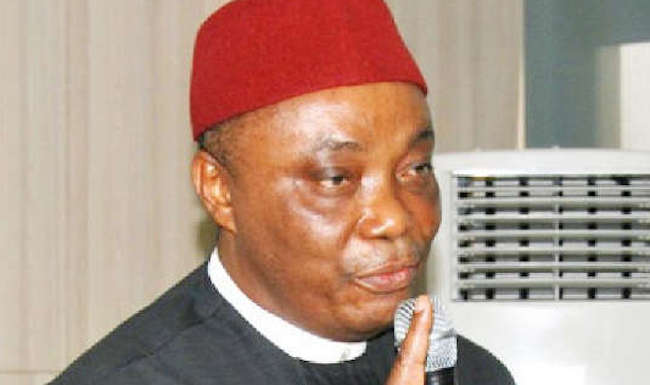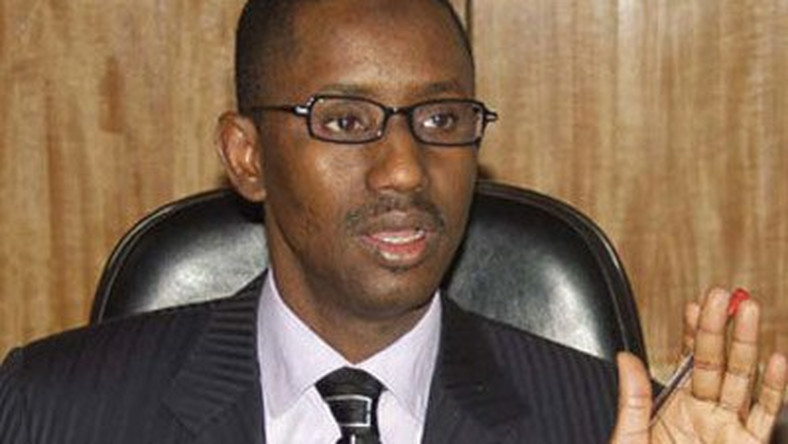By Dolapo Aina
Splendid salutations to you the reader. So, Kinyarwanda, variations of Swahili from Kenya or Congo (undiluted Tanzanian Swahili is the purest and unadulterated), Luganda (Uganda’s most widely spoken language), Lingala (Congo’s most widely spoken language), English, French, Sudanese Arabic (the purest form of Arabic on the African Continent), Middle East Arabic, Spanish, Chinese Mandarin, Japanese, Korean, Persian (Iran), Hindi (India), Pashto (Afghanistan’s language), some West African languages and more are languages I get to hear people converse in, in Kigali.
Alas, as I reeled out the languages, some of the readers must have laboured under a misapprehension to assume that I have morphed into a multi-lingual strict high school no nonsense bespectacled headmistress or overly strict bowtie and waistcoat wearing bespectacled principal. But, far from it. The aforementioned languages are some of the languages you are bound to hear (if you are attentive and conversant with global languages) people speak in certain public and private places in Kigali. This is a different cornucopia of the unique characteristics of Kigali.
If you are a bi-lingual non-Rwandan in Kigali and the only languages you speak are your mother tongue and English, you end up trying to initially decipher what is being said when Kinyarwanda speakers, French speakers, Swahili speakers and other speakers are speaking, then, after a while, after your ears have attuned to the languages, you begin to pick up few words, make use of some words and after a while, you begin to understand to a limited extent what is being said on the radio, TV, markets, bars, restaurants et al.
As a city where Kinyarwanda, English, French and Swahili can be heard and spoken interchangeably a lot of times by educated Rwandans who most probably lived outside Rwanda (in Congo, Uganda, Tanzania, Canada, Belgium just to name some specific countries) before returning home, or had their initial and early education in the French syllabus before English was adopted; or those who attend private schools or those who speak Kinyarwanda and Swahili, and just get by in English and French; as a bi-lingual who only speaks English, you realise you are processing three other languages as opposed to the single language if you were in another capital city of a country where several languages are not readily spoken by the citizenry.
An interesting feature is to realise that most people (Rwandans or even Congolese) who have lived in Congo can converse comfortably in English if they have to; same goes for people (Rwandans or Burundians) who have lived in Burundi. And this is aside that they speak fluent French.
Another interesting feature is that anyone who has lived for a long time in Uganda, tends to not only speak English and Luganda but at least four other Ugandan languages. And there are those who would inform you they can speak up to ten Ugandan languages. It should not come as a shock to you if you are invited (invitations for family events are unique in the sense that if you are not invited; you don’t turn up like an August visitor) for a Rwandan family gathering and family members who live in other East African countries turn up for the gathering and everyone is comfortably speaking Kinyarwanda, Luganda, Lingala, French, Swahili and English interchangeably (let me not include those who can speak German, Dutch or Flemish with a sprinkling of Spanish). Like a banquet of brochette, a display of an assortment of diverse languages (choose and pick yours); a United Nations translators department of sorts. And if you are not even bi-lingual and find yourself in such gatherings, dear brethren, fret not but console yourself with gastronomic victory as you deep dive into the delicious edibles on display and devour what rightly is yours.
On a serious note, and thinking long term, a country where the exposed and highly educated are multilingual, the quasi-literates are at least bi-lingual and the uneducated (who might not be able to speak French or English) can at least get by in Swahili, Luganda or Lingala; the country would be the darling of regional, continental and global institutions in the not-too-distant future. But I digress.
Back to an interesting recurrence, which is to find or meet non-Rwandans who speak passable or fluent Kinyarwanda and sometimes one is left befuddled as to how a non-Rwandan has become conversant and fluent in a language that can be quite tricky to learn (if you don’t have a flair for picking up languages.) But those non-Rwandans who really speak the language have one dominant currency, they lived outside Kigali for a while or a long time or still live outside Kigali.
In the early months of 2021, I met an American doctor who had been a missionary in Rwanda in the late 80s and early 90s and he was stationed outside Kigali. He still returns to Rwanda to execute some project. Not only is his Kinyarwanda good; it is fluent. I
Interestingly, when I met him, his French had a French accent and not an American accent.
Another example is a story I heard of a mechanic who called an acquaintance of mine, and spoke flawless Kinyarwanda. When they met, my acquaintance asked for the person who called him since he had not seen him yet. The man in front of him spoke to him in Kinyarwanda saying “I am who you want to meet. I called you.” My acquaintance narrated the story with shock still visible on the narrator’s face. Questions ranging from how long have you lived in Rwanda surfaced and the Caucasian man could not remember but he had been in Rwanda in the 80s and lived outside Kigali.
Same characteristic of West Africans who live outside Kigali as they tend to speak Kinyarwanda with more ease and fluency than those who reside in Kigali. This is a normal feature in any country as it is easier and faster to learn a language when one is in the midst of those whose first language is the mother tongue and not necessarily the lingua franca.
So, Brethren, at this juncture, I have come to convince and not confuse and bamboozle you with grandiloquent words that it should not come as a surprise to you when you visit Rwanda and see or meet non-Rwandans who reside outside Kigali, converse in fluent Kinyarwanda.
Like prophets in the Biblical days of yore who lived up in the mountains, they might be living upcountry (up north or up south) with the learned skill and acquired gift of speaking in diverse tongues. Selah.
Dolapo Aina writes from Kigali, Rwanda

 Headline6 days ago
Headline6 days ago
 Headline6 days ago
Headline6 days ago
 Headline4 days ago
Headline4 days ago
 Voice of Emancipation6 days ago
Voice of Emancipation6 days ago
 News6 days ago
News6 days ago
 National4 days ago
National4 days ago
 Headline3 days ago
Headline3 days ago
 Events6 days ago
Events6 days ago













